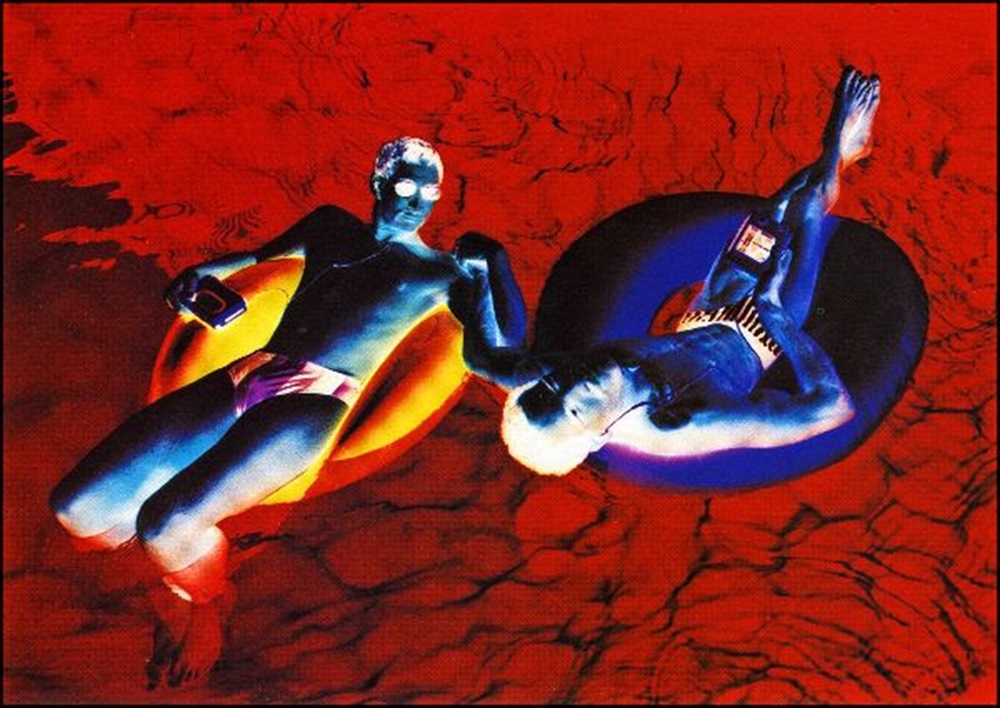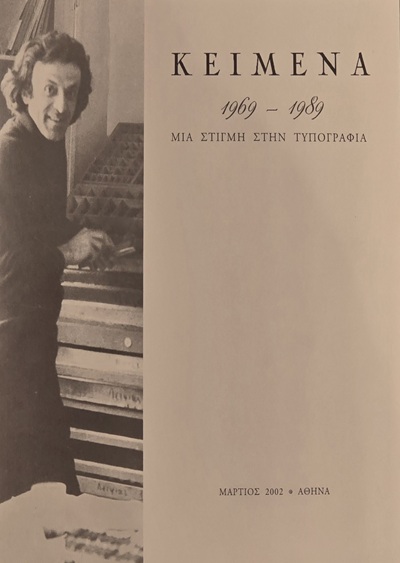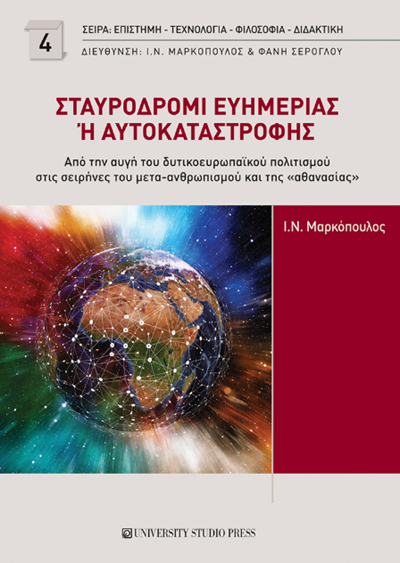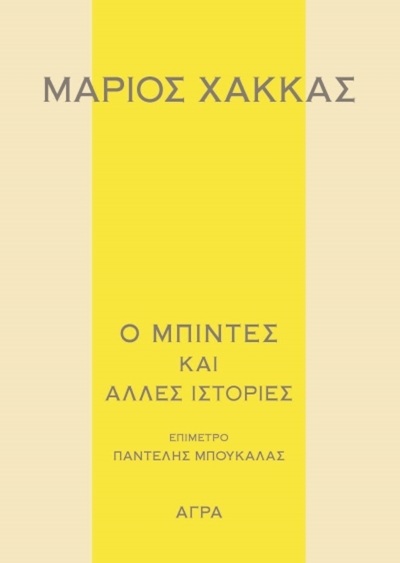
The National Museum of Contemporary Art (EMST) presents its new online journal of contemporary art criticism and theory, “Octopus”. The magazine will be published twice a year in two languages, Greek and English, and the design has been undertaken by nowhere design. With writers, theorists, artists and guest editors from Greece and abroad at its core, Octopus is flexible, versatile, multifaceted and with decentralized intelligence. It connects art to its wider artistic, cultural, and geopolitical ecosystem in Southern Europe and the Eastern Mediterranean and beyond, and is particularly interested in our history and multiple futures, in democracy and participatory citizenship, in human and non-human life, and in the consequences of unwise development.
In an era of privatization of culture, economic dependencies and multiple ‘washing’, it is of particular importance that Octopus is the mouthpiece of an entirely public institution, which guarantees its independence. The Octopus is bound by the EMST’s Mission Statement and monitors its exhibition activity, is inspired by it, enriches it and expands it.
The first issue of “Octopus” is dedicated to the “Artistic and political memory of AIDS” and will be published on December 1, World AIDS Day. At a critical juncture, when human and civil rights, freedom of speech and, in general, the achievements of liberal democracy are under threat, it is of particular importance to revisit the history of a biopolitical crisis, the solidarity it activated and the imprint it left not only on art but also on social memory. Featuring texts and interviews with both protagonists in activism of the 1980s and 1990s, as well as younger thinkers and critics, the Octopus tribute recalls that the struggles for access to public health systems, for more care, for self-determination and destigmatization were decisive for open, inclusive democracy and for the place of contemporary art at the heart of political discourse.
Guest Editor of the 1st issue of “Octopus” is trans writer, journalist and activist Juliet Jacques. In addition to Juliet Jacques, the issue features writings and interviews by:
Lola Flash,artist, activist, member of ACT UP during the AIDS epidemic in New York
Μax Fox, author, translator and founding member of Pinko Magazine.
Elisabeth Lebovici, art historian and critic, curator and author.
Βen Miller, author and researcher, co-creator of the Bad Gays podcast
Dimitris Papanicolaou, Professor of Modern Greek and Comparative Cultural Studies at the University of Oxford, member of the group “A Political Archive on HIV/AIDS in Greece”.
Yorgos Sabatakakis, Associate Professor of Theatre Studies at the Department of Theatre Studies of the University of Patras, scientific member of the group “A political archive on HIV/AIDS in Greece”.
Mari Spanoudaki, researcher and curator, member of the feminist group “This is not a feminist project”.
Ioli Tzanetaki, author, curator and consultant at the EMST.
Panos Fourtoulakis, curator and researcher of artistic responses to the HIV/AIDS epidemic in Greece.
The “Octopus Garden” is a separate section of Octopus which includes podcasts, videos and historical, unpublished or hard-to-find archival material. The first issue features works by Dimitris Papaioannou, choreographer, director and painter, and Katerina Thomadaki-Maria Klonaris, multimedia artists and pioneers of feminist and queer art.
Juliet Jacques is a writer and filmmaker based in London. She is best known for her book Trans: A Memoir (Verso, 2015) and has since published six books, most recently a collection of essays Front Lines: Trans Journalism 2007-2021 (Cipher Press, 2022), the novel Monaco (Toothgrinder Press, 2023)and the short stories collection The Woman in the Portrait (Cipher Press, 2024). She has contributed to volumes published by Penguin Random House, HarperCollins, Other Stories, etc. Among others, he has directed the films Approach/Withdraw (2016), with artist Ker Wallwork, You Will Be Free (2017) and Revivification. He teaches in the Contemporary Art Practice Department at the Royal College of Art. Her writing has appeared in The Guardian, London Review of Books, Frieze, Art Review, The New York Times, The Washington Post, TimeOut London, New Humanist, New Statesman, among others. He has been included in The Independent on Sunday Pink List of the most influential LGBTQ people in 2012, 2013, 2014 and 2015, and in Attitude 101’s 2024 list of “LGBTQ pioneers”.
Editorial Director: Katerina Grego. Editor-in-Chief: Theophilos Traboulis. Editorial Advisor: Ioli Tzanetaki
Designed by: nowhere design







Leave A Comment